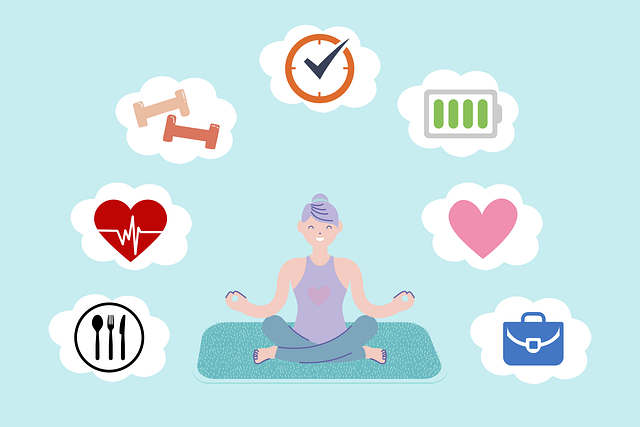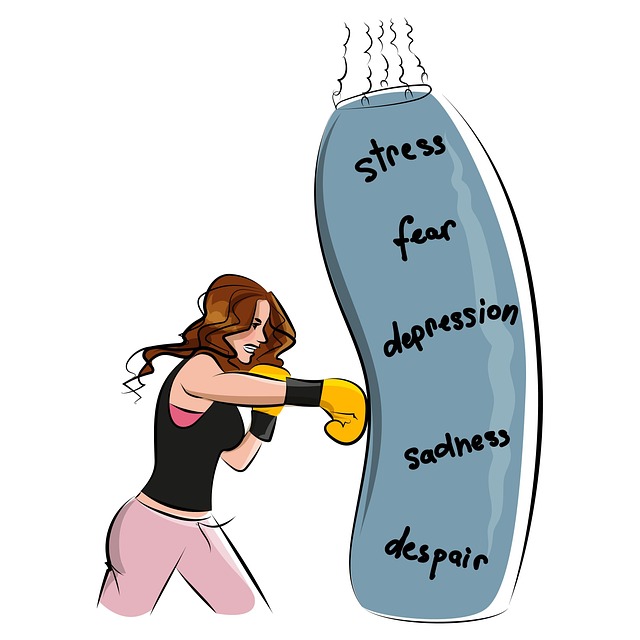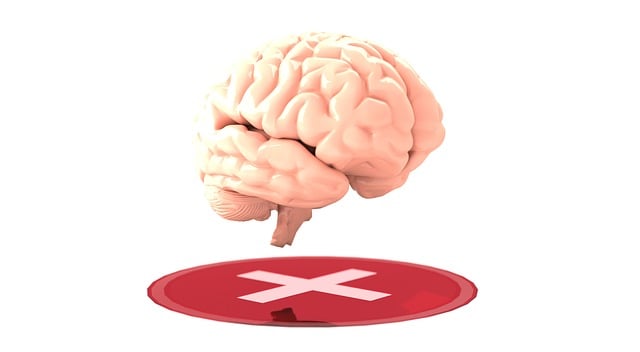Colorado Springs learning disability therapy centers offer specialized programs like mental wellness coaching to holistically address stress, combining self-care practices with professional support. Using evidence-based techniques like CBT, mindfulness, and sensory integration, these programs empower individuals to manage stress effectively and develop lasting coping mechanisms, improving mental health outcomes. The vibrant Colorado Springs community provides ample social engagement opportunities that enhance therapeutic outcomes. Lifestyle adjustments, including proper nutrition, exercise, and sleep habits, are emphasized for comprehensive stress reduction and improved overall well-being.
Stress reduction is a vital aspect of maintaining both mental and physical health. In today’s fast-paced world, understanding how stress impacts our mind and body is key. This article explores comprehensive strategies for managing stress, from cognitive behavioral techniques to lifestyle adjustments. We delve into the unique benefits of Colorado Springs Learning Disability Therapy, offering a holistic approach to well-being. Discover how mindfulness, meditation, and simple lifestyle changes can significantly reduce stress levels and enhance your daily life.
- Understanding Stress: Unveiling the Impact on Mind and Body
- Colorado Springs Learning Disability Therapy: A Holistic Approach to Stress Reduction
- Cognitive Behavioral Techniques for Managing Stress and Anxiety
- The Role of Mindfulness and Meditation in Daily Life
- Lifestyle Adjustments: Nutrition, Exercise, and Sleep for Stress Management
Understanding Stress: Unveiling the Impact on Mind and Body

Stress is a complex response that impacts both our minds and bodies. It’s a natural part of life, but when it becomes chronic, it can lead to significant health issues. Understanding stress involves recognizing its various triggers and symptoms, which manifest differently in each individual. For many people, managing stress effectively requires a holistic approach that combines self-care practices with professional support.
In Colorado Springs, learning disability therapy centers offer valuable resources for those navigating stress-related challenges. Mental health awareness has grown significantly, leading to the development of specialized programs like mental wellness coaching. These initiatives focus on empowering individuals to cultivate healthy coping mechanisms and build resilience. By integrating self-care routine development into their practices, these programs contribute to better mental health outcomes, enabling people to thrive in a stressful world.
Colorado Springs Learning Disability Therapy: A Holistic Approach to Stress Reduction

Colorado Springs Learning Disability Therapy offers a unique and holistic approach to stress reduction, focusing on the interconnectedness of mental, physical, and emotional well-being. This comprehensive method recognizes that each individual’s journey towards stress management is personalized, especially for those with learning disabilities. By combining evidence-based practices with creative strategies, therapists create a supportive environment tailored to boost confidence and promote mental wellness.
The therapy sessions in Colorado Springs often incorporate various techniques, such as mindfulness exercises, cognitive behavioral therapy, and sensory integration, designed to help individuals manage stress effectively. These methods not only alleviate symptoms but also empower clients to develop long-lasting coping mechanisms. Additionally, the city’s vibrant community provides ample opportunities for social engagement, further enhancing the therapeutic process. This holistic approach ensures that mental health professionals can offer comprehensive care while considering each client’s unique needs and challenges, including those related to learning disabilities.
Cognitive Behavioral Techniques for Managing Stress and Anxiety

Cognitive Behavioral Techniques (CBT) are highly effective methods for managing stress and anxiety, backed by extensive research in Colorado Springs learning disability therapy settings. These techniques focus on identifying and challenging negative thought patterns and replacing them with more realistic and positive ones. By modifying these cognitive processes, individuals can significantly reduce symptoms of stress and anxiety, improving their overall mental wellness.
Incorporating CBT practices often includes social skills training to enhance interactions and build a support network, which is crucial for maintaining mental illness stigma reduction efforts. Additionally, journaling exercises targeting specific aspects of stress or anxiety can be a valuable tool. Mental wellness journaling provides an outlet for processing emotions, tracking progress, and cultivating self-awareness, ultimately contributing to better stress management strategies.
The Role of Mindfulness and Meditation in Daily Life

In today’s fast-paced world, mindfulness and meditation have emerged as powerful tools for navigating life’s stressors. These ancient practices, now backed by modern research, offer a simple yet profound way to enhance mental well-being, especially for those seeking Colorado Springs learning disability therapy or trauma support services. By focusing on the present moment, individuals can cultivate a deeper sense of self-awareness and emotional healing processes, allowing them to manage stress more effectively in their daily lives.
Incorporating mindfulness into your routine involves paying attention to your senses and thoughts without judgment. Meditation, often used as part of these practices, encourages a calm mind and body, fostering resilience against the negative impacts of stress. Through regular practice, individuals can develop a stronger self-care routine that promotes better mental health overall, making it an essential aspect of anyone’s wellness journey, regardless of their background or challenges.
Lifestyle Adjustments: Nutrition, Exercise, and Sleep for Stress Management

In the pursuit of stress reduction, lifestyle adjustments play a pivotal role. Nutrition forms a cornerstone in this journey; incorporating nutrient-rich foods and staying hydrated can significantly impact overall well-being. A balanced diet, rich in fruits, vegetables, whole grains, and lean proteins, provides essential nutrients that support both physical and mental health. This, in turn, can aid in managing stress levels. Regular exercise is another powerful tool in Colorado Springs learning disability therapy contexts and beyond; it boosts mood by releasing endorphins and promoting better sleep. Even moderate daily activity can significantly reduce stress and improve mental clarity.
Adequate sleep is often overlooked but is crucial for effective stress management, encompassing both quality and quantity. Most adults require 7-9 hours of uninterrupted sleep each night to function optimally. Establishing a consistent sleep schedule, creating a relaxing bedtime routine, and optimizing sleep environments are strategies that can enhance sleep hygiene. When integrated into daily routines, these lifestyle adjustments can be transformative, complementing mental health policy analysis and advocacy efforts, and even supporting community outreach program implementation initiatives aimed at depression prevention.
In conclusion, managing stress effectively is a multifaceted journey that involves understanding its profound impact on both the mind and body. The various methods discussed, from cognitive behavioral techniques and mindfulness practices to lifestyle adjustments, offer powerful tools for navigating life’s challenges. For those seeking a holistic approach, Colorado Springs Learning Disability Therapy provides comprehensive solutions tailored to individual needs. By combining these strategies, individuals can cultivate resilience, enhance overall well-being, and lead more fulfilling lives.














